News
Radio Regulations and Global Spectrum management

By Sonny Aragba-Akpore.
From January 1, 2025, a new radio regulation management takes root among the 193-member nations of the International Telecommunications Union (ITU)
This is a fall out of the 2024 resolutions of the ITU Radio Regulations,a result of a four-year process after four weeks of negotiations during the World Radiocommunication Conference (WRC-23), hosted 2023 in Dubai, United Arab Emirates.
The International Telecommunication Union (ITU) released on August 28,2024 an updated version of the Radio Regulations, the international treaty governing the global use of radio-frequency spectrum and satellite orbits.
The ITU Radio Regulations govern the global use of radio-frequency spectrum and satellite orbits for all radio services, systems and applications, including fixed and mobile broadband, satellite systems, sound and TV broadcasting, radionavigation, meteorological monitoring and prediction, space research and Earth exploration, amateur radio services and other topics.
“The 2024 edition of the Radio Regulations marks a significant milestone in the world of technology,” according to ITU Secretary-General Doreen Bogdan-Martin. “As technological progress advances and the demand for spectrum grows, the international treaty continues to evolve to accommodate new radiocommunication services and applications, minimize interference between services, and ensure equitable access to this essential resource.”
The treaty serves as the cornerstone of international radio frequency management, ensuring that spectrum allocations keep pace with the rapidly evolving technological landscape and meet the needs of modern communication systems.
The Radio Regulations are a four-volume treaty of more than 2,000 pages. The treaty establishes the rights and obligations of ITU’s 193 member states and now covers more than 40 different radiocommunication services, spanning frequencies from 8.3 kilohertz (kHz) to 3000 gigahertz (GHz).
The ITU Radio Regulations facilitate equitable access to and rational use of the radio-frequency spectrum and geostationary satellite orbits, both globally shared and limited natural resources; support the efficient and effective operation of all radiocommunication services; and, as necessary, facilitate the introduction and regulation of new radiocommunication services and technologies.
The international coordination mechanisms enshrined in the ITU-managed treaty promote its objective to ensure the availability of the frequencies provided for distress and safety communications and help prevent or resolve cases of harmful interference between the radio services of different administrations.
The 2024 Radio Regulations are available in all six UN official languages These are Arabic, Chinese, English, French, Russian and Spanish.
The correct interpretation and translation of these six languages, in both spoken and written form, is very important to the work of the Organization, because this enables clear and concise communication on issues of global importance.
The ITU said the Radio Regulations documents also available on electronic versions that can be downloaded free of charge while Print and DVD versions will be available for purchase in the coming weeks.
Treaty provisions also direct how radio equipment and systems must operate to ensure efficient and effective coexistence among various services worldwide and anywhere in space, optimizing the usage of today’s increasingly crowded airwaves.
The 2024 Radio Regulations identify new spectrum resources to support technological innovation, deepen global connectivity, increase access to and equitable use of space-based radio resources, and enhance safety at sea, in the air, and on land.
“The updated Radio Regulations is the result of hard-won agreements reached at WRC-23 and a testament to the unwavering spirit of cooperation and compromise among all of our members to negotiate timely changes to the international treaty,” said Mario Maniewicz, Director of the ITU Radiocommunication Bureau. “The updated treaty provides a framework for national spectrum management that aligns with international standards and guarantees the stable, predictable regulatory environment that is essential for the development of innovative radiocommunication services for all.”
Global regulation of the radio spectrum began with the signing of the first International Radio Telegraph Convention in Berlin on November 3,1906 after 30 states came together and agreed on key maritime communications and safety provisions and established “SOS” as a globally recognized distress signal.
The Radio Regulations, Edition of 2024, contains the complete texts of the Radio Regulations adopted by the World Radiocommunication Conference of 1995 (WRC-95) and reviewed by the subsequent World Radiocommunication Conferences: WRC-97 (Geneva, 1997), WRC-2000 (Istanbul, 2000), WRC-03 (Geneva, 2003), WRC-07 (Geneva, 2007), WRC-12 (Geneva, 2012), WRC-15 (Geneva, 2015), WRC-19 (Sharm el-Sheik, 2019) and WRC-23 (Dubai, 2023).
World radiocommunication conferences (WRC) are held every three to four years.
It is the job of WRC to review, and, if necessary, revise the Radio Regulations, the international treaty governing the use of the radio-frequency spectrum and the geostationary-satellite and non-geostationary-satellite orbits. Revisions are made on the basis of an agenda determined by the ITU Council, which takes into account recommendations made by previous world radiocommunication conferences.
The general scope of the agenda of world radiocommunication conferences is established four to six years in advance, with the final agenda set by the ITU Council two years before the conference, with the concurrence of a majority of Member States.
Under the terms of the ITU Constitution, a WRC can:revise the Radio Regulations and any associated Frequency assignment and allotment Plans; address any radiocommunication matter of worldwide character; instruct the Radio Regulations Board and the Radiocommunication Bureau, and review their activities; determine Questions for study by the Radiocommunication Assembly and its Study Groups in preparation for future Radiocommunication Conferences.
On the basis of contributions from administrations, the Radiocommunication Study Groups, and other sources is captured in Article 19 of the Convention (Geneva, 1992)) concerning the regulatory, technical, operational and procedural matters to be considered by World and Regional Radiocommunication Conferences, the Conference Preparatory Meeting (CPM) shall prepare a consolidated report to be used in support of the work of such conferences.
News
Rivers State is yet to fully stabilise– Ibas
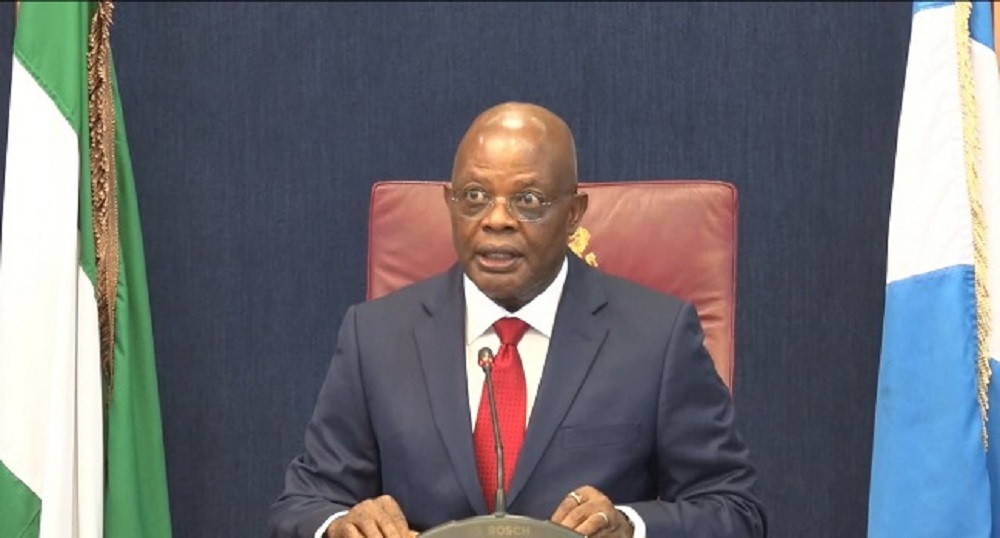
The Sole Administrator of Rivers State, Retired Vice Admiral Ibok-Ete Ibas has revealed that there is relative stability in the State, but that the State is still fragile.
The Sole Administrator revealed this in Abuja on Friday when appeared before the House of Representatives Ad hoc Committee on Rivers State.
The Committee had invited the Sole Administrator for a proper briefing on developments in Rivers State, following the suspension of the State Governor, Siminalayi Fubara by President Bola Tinubu.
Speaking when he appeared before the ad-hoc committee, Ibas requested for more time to properly brief the committee on developments in the State.
Ibas, apologisesd for his inability to attend earlier engagements, explained that the absence was not out of disregard, but rather due to the weighty and urgent demands of stabilising governance in Rivers.
“I have always held the National Assembly in the highest regard. I recognise the importance of your oversight responsibilities and your interest in the progress being made in Rivers, which is presently relatively calm, but still fragile,” Ibas said.
He went further to say: “That said, I only request your understanding and the indulgence of this committee to grant me additional time to adequately prepare and present a comprehensive and constructive briefing.
“Given the complexities and sensitivities surrounding the current transitional period in Rivers. It is important that any engagement with this committee is done with the depth, accuracy and clarity it rightfully deserves.
“I remain fully committed to cooperating with the committee and to ensuring that all relevant information is made available in due course to support your important work.
“I only request the understanding and the indulgence of this committee to grant me additional time to adequately prepare and present a comprehensive and constructive briefing given the complexities and sensitivities surrounding the current transitional period in Rivers.
“It is important that any engagement with this committee is done with the depth, accuracy and clarity it rightfully deserves.
“I remain fully committed to cooperating with the committee and to ensuring that all relevant information is made available in due course to support your important work,” he said.
Meanwhile, addressing newsmen after a close door meeting, the Chairman of the Committee, Rep. Julius Ihonvbere (APC-Edo) said that the committee resolved to give a new date to the sole administrator.
Ihonvbere, underscored the constitutional role of the National Assembly in legitimising and overseeing the state of emergency declared in Rivers.
According to the chairman, the federal legislature remains central to the state’s transitional process.
Ihonvbere reaffirmed the committee’s constitutional mandate and expressed satisfaction that the administrator had finally honored the invitation after earlier delays.
He emphasised that the committee’s mandate was rooted in constitutional authority and that some of its terms had already been communicated to the administrator in an earlier letter.
The chairman encouraged the administrator to feel at ease, stressing that the committee members had been carefully selected to ensure broad representation across geopolitical zones and legislative experience.
“I want you to feel relaxed because the members you see here were carefully selected based on zonal representation and membership of the House to advance the progress that Rivers needs to make in order to be part and parcel of the holistic structure of democracy that Nigeria represents today.
“We have demonstrated again and again our preparedness to do this job efficiently and effectively,” he assured.
News
Why we shut down MTN operation in Kogi owing to non compliance – Govt
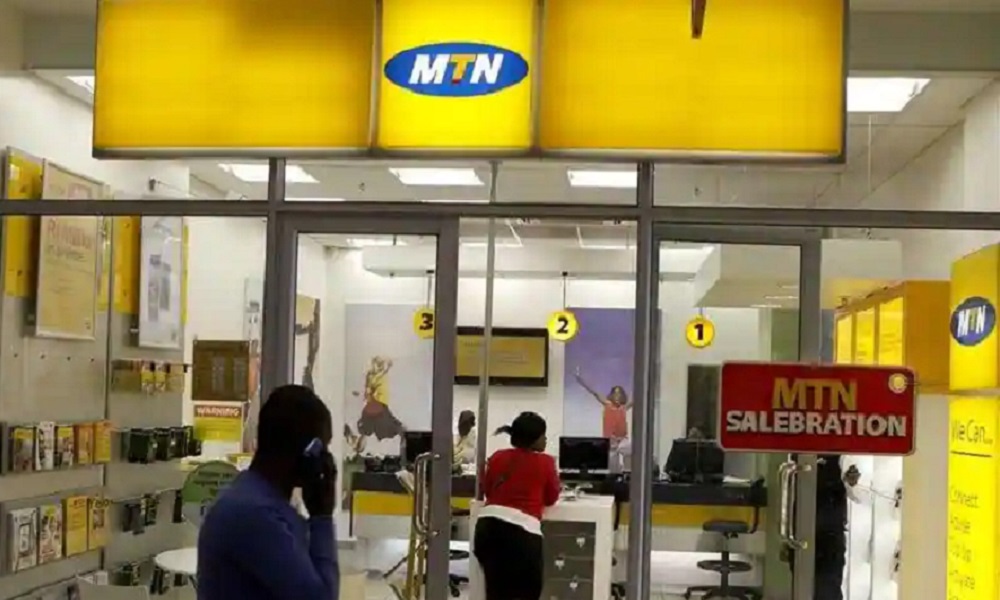
The Kogi State Utility Infrastructure Management and Compliance Agency, (KUIMCA) has explained the reasons behind the disruption in the service mobile Telecom giant, MTN in the state, pointing out that MTN owing to non compliance.
The Telecom service has been experiencing a service distruption in the last two weeks and witnessed total shut down in the last one week.
The Director General of KUIMCA Director General, Dr Taofeeq Isah while speaking with journalists on Friday in Lokoja attributed the shut down to the failure of the Telecom company to comply fully with rules of operation as stipulated in the official gazette guiding their operation in the state.
“In my assumption of office last August, I went through their files and discovered that they have not fully complied with the rules guiding their operations in the state. I called them for a discussion where they complained of being overbilled concerning the area of the state covered by their optic fibre.
” I went with them for verification exercise to assess their claim which took about 4 days and we found out they were even covering more areas than they claimed.
“We asked they to go and make the necessary payment but MTN refused. That is why we sealed off their facilities after obtaining court order to do so so”.
The Director General called on the citizens of the state to be patient with them since their interest was being protected .
He said that since MTN is not the only network operating in the state, citizens as well as the security agencies to consider switching to other networks considering their importance in securing the lives and property of Citizens which should not be compromised under any circumstance.
Also speaking, the Executive Chairman, Kogi State Internal Revenue Service , Salihu Enehe said that MTN has arrogated to itself so much power that they have been refusing to respond to so many entrities asking for complainces on various termes of operations in the state.
The Chairman who was represented by a Director in the agency Hassana Salawu noted that
MTN has been indulging in violation of various rules not only the optic fibre right of way across the state but also and have violated every rules guiding their operations in the state.
“MTN claimed to have 48 optic fibres when audit revealed they have 199 fibres laid under the ground in the state. We have called for reconciliation meetings severally but they claimed not to be ready up till now”.
But in a swift reaction, the MTN spokesperson in the State, though will not want his name in print, confirmed that negotiations is on going, assured that the issues will soon be resolved.
News
Osun PDP Reps Dismiss Defection Claims, Pledge Support for Adeleke

By Gloria Ikibah
Eight out of the nine Peoples Democratic Party (PDP) members representing Osun State in the House of Representatives have firmly restated their loyalty to the party and Governor Nurudeen Ademola Adeleke, distancing themselves from recent defection claims.
Their stance follows public comments by Rep. Busayo Oluwole Oke, who recently exited the PDP and hinted that other members of the Osun caucus were poised to follow his lead.
In a joint statement released in Abuja on Friday, the lawmakers which include Reps Bamidele Salam, Ajilesoro Abimbola Taofeek, Mudashiru Lukman Alani, Akanni Clement Ademola, Omirin Emmanuel Olusanya, Adewale Moruf Adebayo, Adetunji Abidemi Olusoji, and Oladebo Lanre Omoleye—made it clear they remain committed to the PDP and its leadership in the state.
They described Oke’s exit as unsurprising, pointing to what they called his long-standing pattern of defiance, public criticism of the party, and antagonism towards the Adeleke-led government.
The lawmakers labelled his defection as an act of ingratitude, given the political opportunities the PDP had afforded him over the years, and cautioned him against spreading misleading narratives aimed at courting favour within his new political camp.
-

 Economy15 hours ago
Economy15 hours agoMore Nigerians to experience poverty by 2027 – World Bank
-

 News8 hours ago
News8 hours ago2027: Pro-Fubara protesters want suspended Gov to run as Atiku’s VP(Video)
-
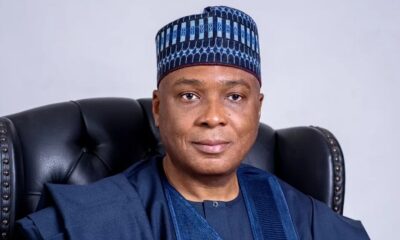
 News11 hours ago
News11 hours agoOborevwori /Okowa: PDP experiencing a rebirth and will soon bounce back-Saraki declares
-
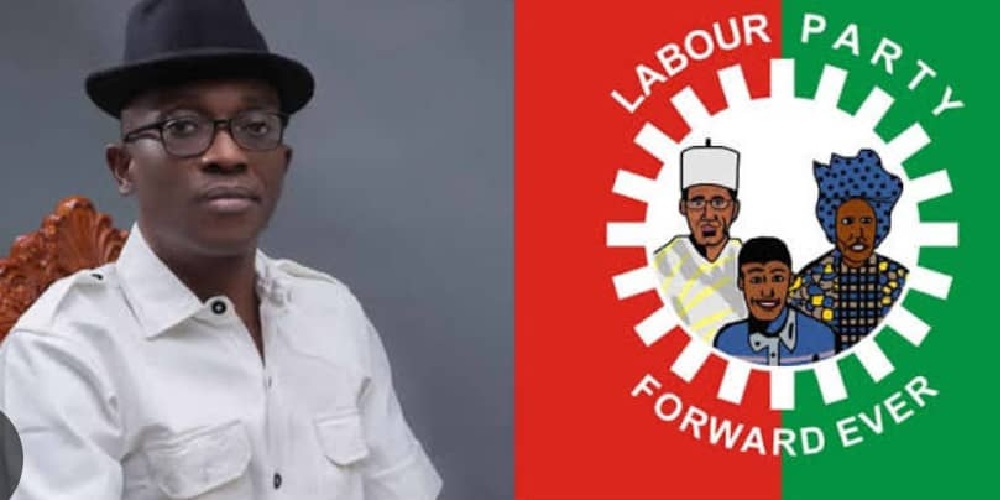
 Politics15 hours ago
Politics15 hours agoLabour Party reaffirms Abure-led leadership after Supreme Court judgment
-

 News16 hours ago
News16 hours agoGovernor Oborevwori’s Defection: A Masterstroke That Handcuffs Delta’s Opposition
-
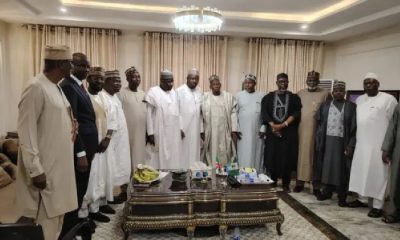
 News15 hours ago
News15 hours ago2027 done deal, more governors joining APC – Ganduje declares
-
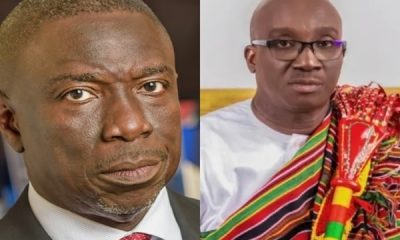
 News9 hours ago
News9 hours agoEdo poll: How APC allegedly offered witnesses N30m bribe
-

 News8 hours ago
News8 hours agoFlights resume as NiMET unions suspend strike






